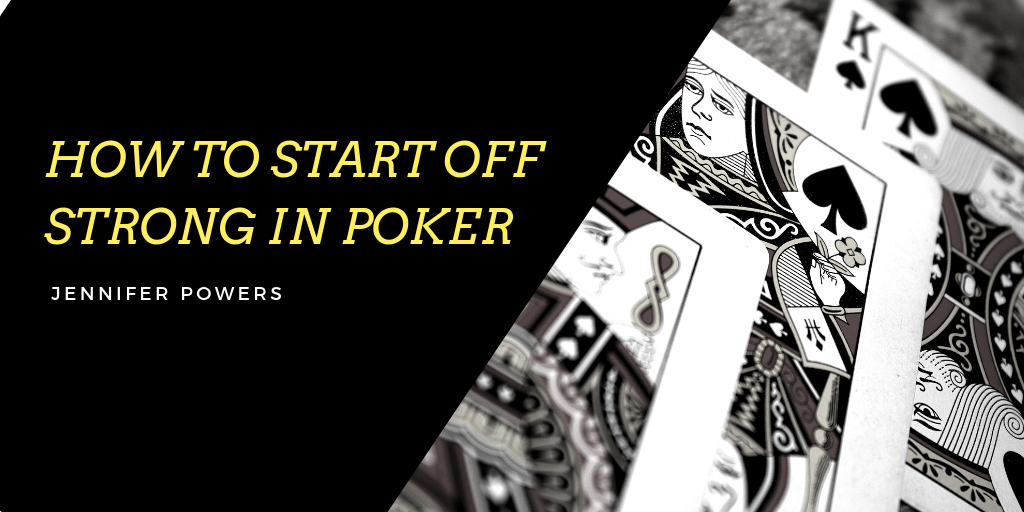For some, the starting hand can make or break an entire game of poker. While part of that may just be a player’s superstition, it’s important to understand that anything can happen in a match. Keeping these tips in mind will up your poker game from the moment the first card is dealt.
1: Understand the Math Behind Poker
To any poker players who used to wonder how high school math would come into play in the “real world”: this one’s for you. Probability and statistics are what keep any game of poker ticking. You don’t have to be a math savant to win poker, but having a few quick calculations ready in your head is going to keep you afloat longer. The two most important personal calculations to make during a round of poker are (1) what card you need to win a hand, and (2) the probability of getting that card. If you really like math and guessing games, you can mentally calculate the probability of someone having a better hand or a specific card, which can help you pick up on bluffs.
2: Don’t be Afraid to Fold
Whether your bluff isn’t up to snuff or you just got a bad deal, folding isn’t always a bad move. Poker player and coach James “SplitSuit” Sweeney calculates that players should maintain a 70:30 ratio of playing and folding. According to Sweeney, folding more than 30% of the time makes you a target, while doing so less than 30% of the time increases the risk of losing a round. If a competitor makes a cocky move, or if you just have a bad feeling in your gut, folding might be the best course of action. Still, sometimes you have to take risks in poker. Folding is a skill, and as with any skill, it must be honed through practice.
3: Try a Strong-Mid-Strongest Approach
If you’re new to the game, or if your once-reliable strategy just isn’t cutting it anymore, the strong-mid-strongest approach is a good way to go. As the name implies, this strategy encourages playing strong hands in early positions, good hands in mid-position, and the strongest hands in the late position. It’s important to not follow this exactly, especially if your hands just aren’t the best or if the flop is bad, but this approach closely follows the laws of probability that dictate poker. Once you’ve mastered the strong-mid-strongest strategy, you can deviate and have some fun designing your own strategies.
